There’s no questioning whether plastic is an important material in our daily lives. However, European citizens generate about 25 million tonnes of plastic waste, but under 30 % is collected for recycling. Plastic waste is mostly burned, so more eco-friendly processes are being sought. The waste is having serious negative effects on our health and surroundings.
Unlikely solution to plastic pollution problem
Findings in the journal ‘Frontiers in Bioengineering and Biotechnology’ present a sustainable way to reduce plastic litter. Microbes found in the stomachs of cows can consume certain kinds of plastic, including polyethylene terephthalate (PET) that’s commonly used in fibres for clothing and containers for liquids and foods. Researchers from Austria found that bacteria in a cow’s rumen – the largest of four stomach compartments – can digest certain types of the ubiquitous material. “You can imagine the huge amount of rumen liquid accumulating in slaughterhouses every day – and it’s only waste,” co-author Dr Doris Ribitsch of the University of Natural Resources and Life Sciences (BOKU) in Vienna told ‘The Guardian’. Upscaling would be fairly easy thanks to the large amount of rumen produced daily in slaughterhouses.
Plastic-eating powers
Co-author Prof. Georg Gübitz, also from BOKU, added on ‘CNN’: “It (rumen) was quite efficient when compared to other enzymes tested in the last 10 years. But longer term it will make more sense to produce the responsible enzymes and even further enhance their activity by using genetic engineering.” Bacteria might be useful since cow diets already contain natural plant polyesters. The researchers deduced that if these microbes can break down similar materials, why not plastic as well? “A huge microbial community lives in the rumen reticulum and is responsible for the digestion of food in the animals,” Dr Ribitsch further explained in a ‘United Press International’ article. “So we suspected that some biological activities could also be used for polyester hydrolysis” – a chemical reaction that causes decomposition. In addition to PET, the researchers examined a biodegradable material known as polybutylene adipate terephthalate that’s used to make plastic bags and a bio-based material called polyethylene furanoate. Both are made from renewable resources. They used fluid samples from rumen collected at an Austrian slaughterhouse to test the microbes. Then they incubated the liquid with these three types of plastic in both powder and film form to see how well the plastic would dissolve. The research team concluded that all three plastics can be broken down by microbes in the stomach. Plastic powders broke down quicker than plastic film. The scientists will continue to search for microbes that can degrade more problematic plastic products. Imagine a world where plastic-consuming microbes that lurk in cows’ stomachs reduce plastic litter in landfills and polluted ecosystems at a fraction of the cost of existing technologies and methods.

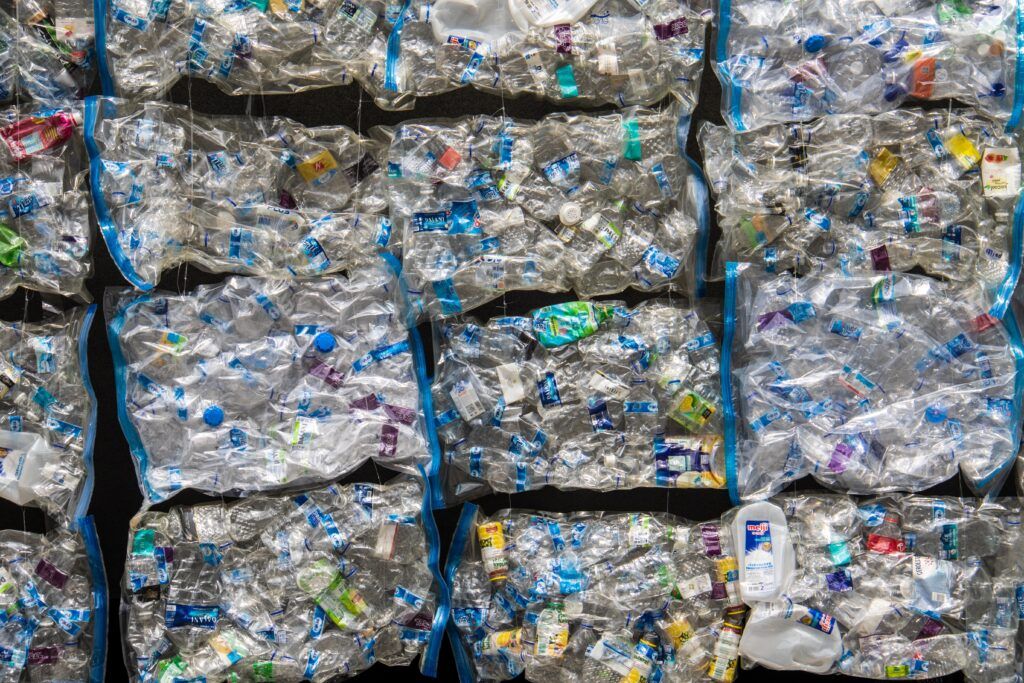
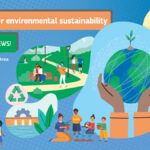
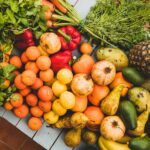
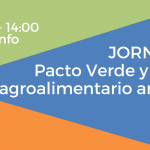
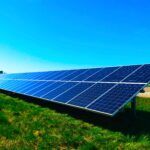
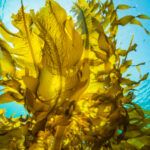
Leave a Reply